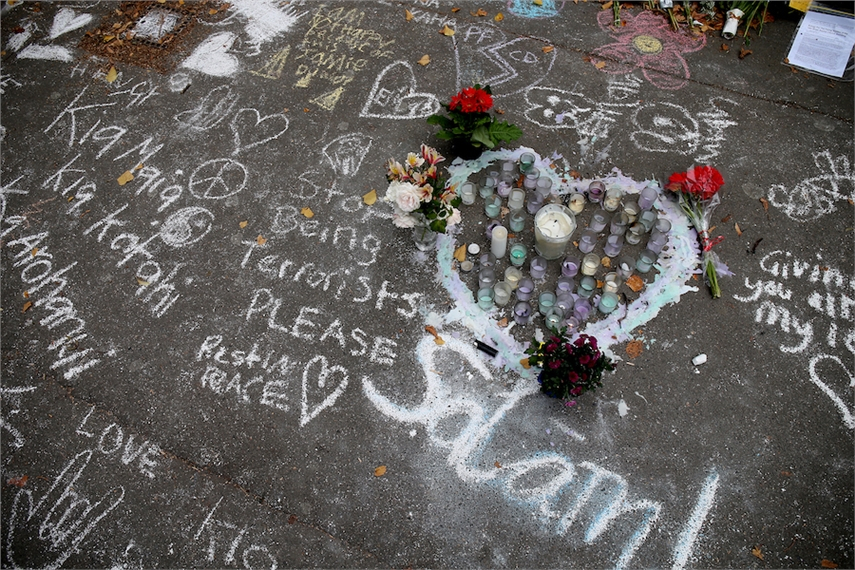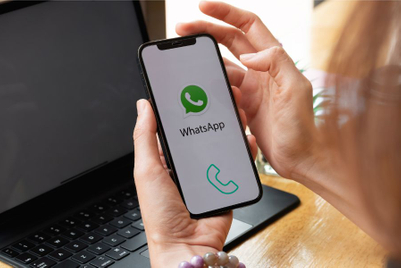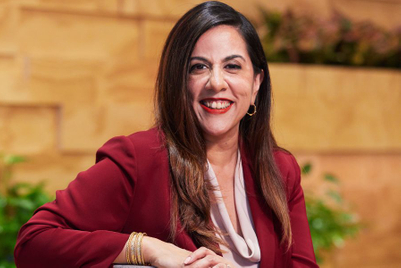
Several of New Zealand's biggest brands have pulled their advertising from Facebook and Google in the past few days, following a terrorist’s livestream of his massacre of 50 people at two mosques in Christchurch last week.
According to several reports, ASB Bank, ANZ Bank, Kiwibank, BNZ, Burger King and Lotto NZ, among others, have suspended advertising on Facebook and Google to demand that the social-media companies do more to stop the spread of hateful content on their platforms.
A spokesperson for Lotto NZ said: “Like the rest of the country, Lotto NZ is shocked and saddened by the tragic events that occurred in Christchurch on Friday. These events are at the front of our mind this week. We have removed our advertising from social media at this time as the tone didn't feel right in the aftermath of these events."
Colenso BBDO confirmed to Campaign that several of its clients have pulled advertising from Facebook, but declined to comment further.
At the same time, a strong joint statement released by the Association of New Zealand Advertisers and the Commercial Communications Council calls on brands to “carefully consider, with their agency partners, where their ads appear”.
Related: After the New Zealand attacks, is it time for a social-media intervention?
“Advertising funds social media," the statement reads. "Businesses are already asking if they wish to be associated with social media platforms unable or unwilling to take responsibility for content on those sites. The events in Christchurch raise the question, if the site owners can target consumers with advertising in microseconds, why can’t the same technology be applied to prevent this kind of content being streamed live?”
The statement said the role of social media, in particular livestreaming, has been “brought into serious question”, and directly addressed the platforms, saying: “We challenge Facebook and other platform owners to immediately take steps to effectively moderate hate content before another tragedy can be streamed online.”
In an unprecedented move, New Zealand’s largest telco, Spark, said it has been working with internet providers to block access to sites showing the livestream of the attack, according to managing director Simon Moutter.
Helen Clark is 100% correct in asserting that if the global social media platform companies put as much effort into algorithms for preventing of the spread of hate material as they put into targeted advertising, they could easily solve the problem.
— Simon Moutter (@simonmoutter) March 15, 2019
Contacted for a response to the associations’ comments, Facebook issued the following statement from Mia Garlick, spokeswoman for Facebook New Zealand: “We continue to work around the clock to remove violating content using a combination of technology and people. In the first 24 hours we removed about 1.5 million videos of the attack globally, of which over 1.2 million were blocked at upload. Out of respect for the people affected by this tragedy and the concerns of local authorities, we're also removing all edited versions of the video that do not show graphic content."
Facebook has also been collaborating with industry partners since last week, including the Global Internet Forum to Counter Terrorism, which said it has shared “digital fingerprints of more than 800 visually distinct videos related to the attack via our collective database, along with URLs and context on our enforcement approaches”.
(This article first appeared on CampaignAsia.com)


.jpg&h=334&w=500&q=100&v=20250320&c=1)




.jpg&h=334&w=500&q=100&v=20250320&c=1)


.jpg&h=334&w=500&q=100&v=20250320&c=1)


.jpg&h=268&w=401&q=100&v=20250320&c=1)

.png&h=268&w=401&q=100&v=20250320&c=1)

.jpg&h=268&w=401&q=100&v=20250320&c=1)
.jpg&h=268&w=401&q=100&v=20250320&c=1)
.jpg&h=268&w=401&q=100&v=20250320&c=1)
